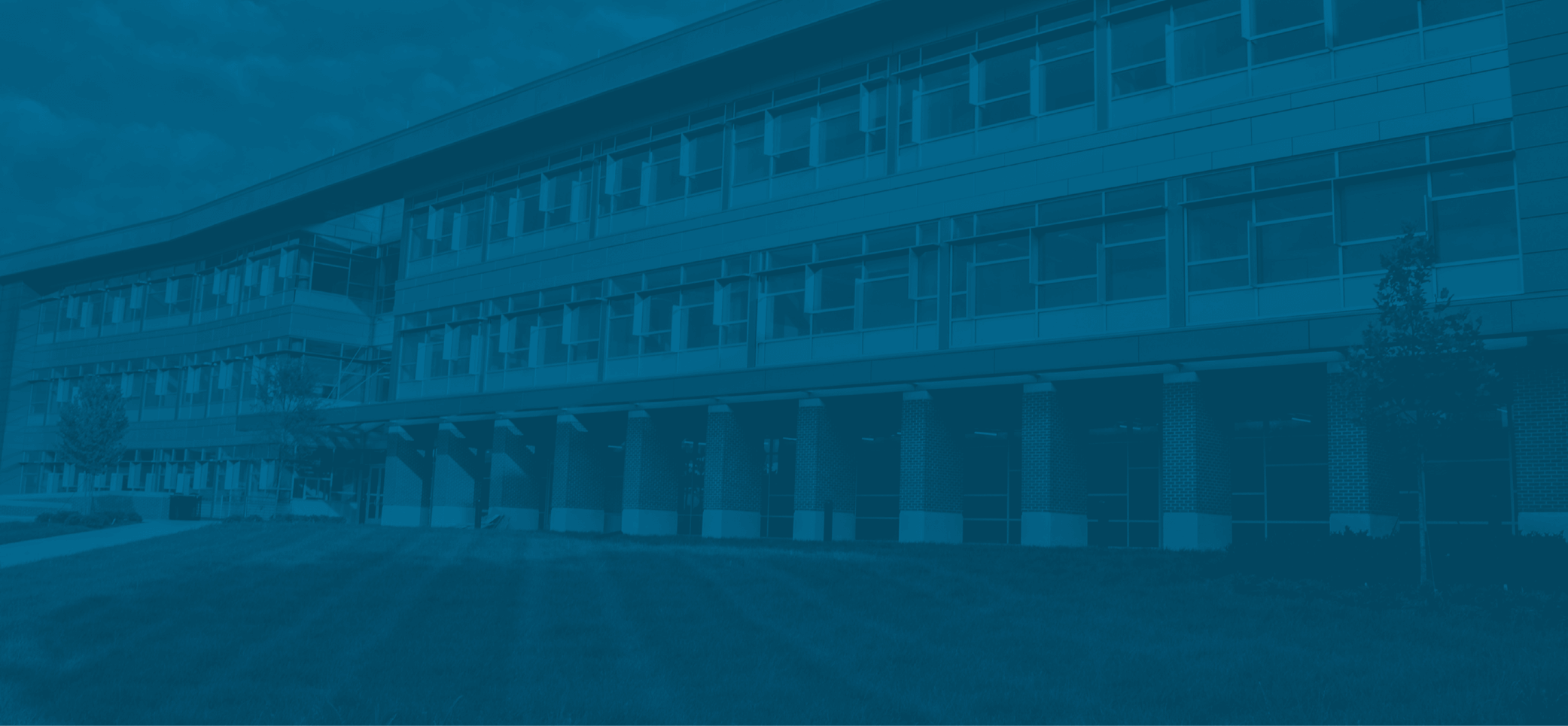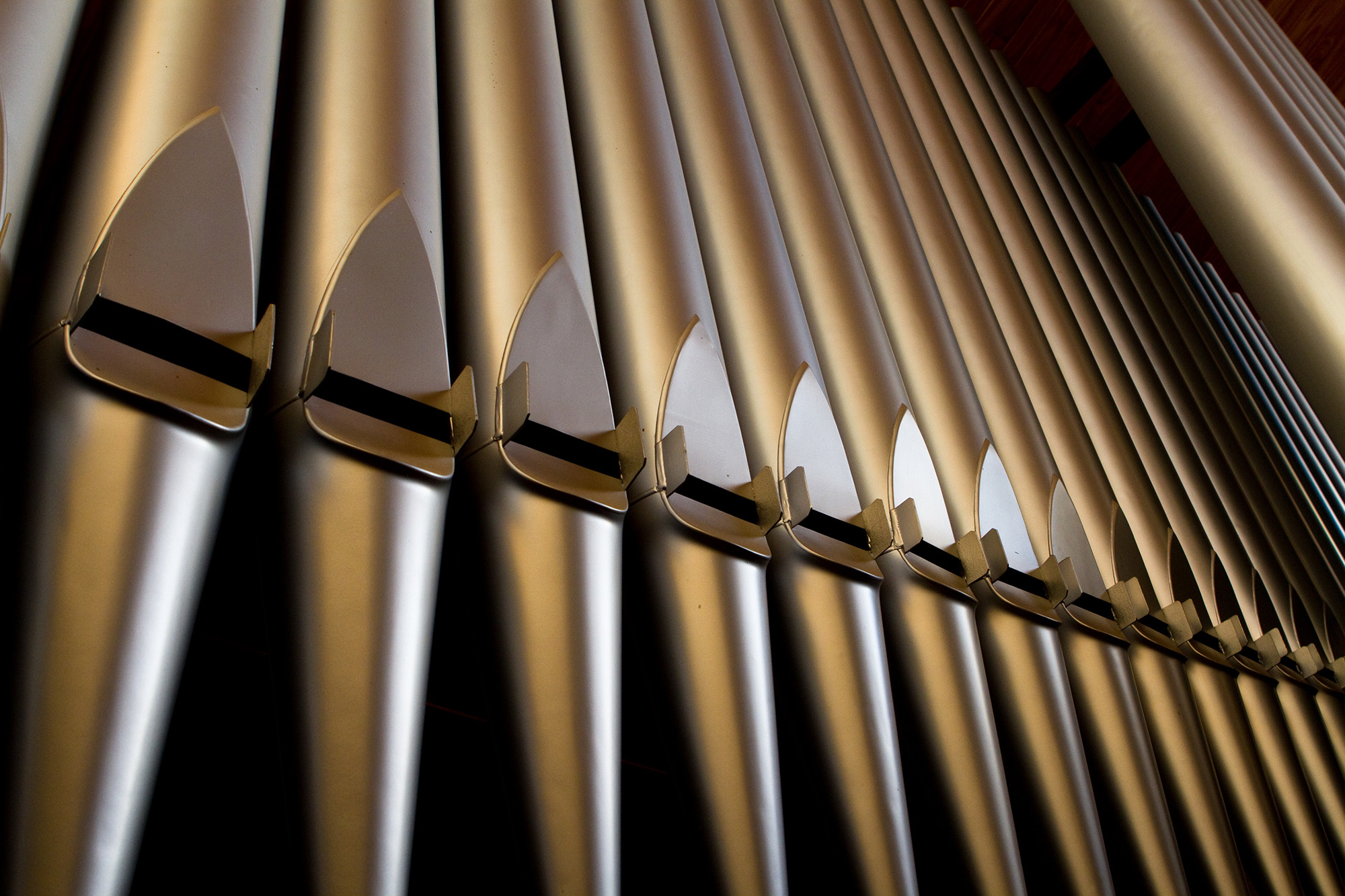The centerpiece of organ study at UT is the three-manual, 41-stop Richards, Fowkes and Co. organ in James R. Cox Auditorium, Alumni Memorial Building. The organ, installed in 2007, is one of the most notable university organs in the U. S. It is used for lessons and for recitals by students, faculty, and guest artists.
Other organs on the UT campus include a two-manual Gabriel Kney studio organ (17 stops, mechanical action), a two-manual Flentrop practice organ (three stops, mechanical action), and a three-stop positive organ built by the Andover Organ Co.
Organ lessons provide students with an opportunity to develop their abilities in the areas of technique, repertoire, and practical church service playing skills. Technical studies include those appropriate for early keyboard styles as well as those used in music written since 1800. Appropriate repertoire from the entirety of the organ’s literature, from before 1600 to the present, is chosen to develop and enhance each student’s technical and interpretative abilities. Church service playing skills include hymn playing, improvisation, accompanying, and conducting techniques for the organist-director.
All students perform regularly in the weekly organ studio class, and majors and minors play a prepared jury at the end of each semester. Solo Junior and Senior Recitals are part of the organ student’s course of study.
In addition, UT organ students have many opportunities to participate in master classes with guest artists, play in the Knoxville AGO Chapter’s annual Student Recital, and contribute to other community events such as Student Organ Encounter Days and First Lutheran Church’s GermanFest.
Knoxville also has many church organ jobs available that help students develop their practical skills and provide income during their time of study. Further, students often can gain access to organs at churches near the University to experience lessons and literature on a variety of instruments.
Courses of Study
UT offers several programs under which students may study organ as a principal instrument. These include the Bachelor of Arts degree in Music, the Bachelor of Music degree in Organ Performance, Sacred Music, or Music Education, the Master of Music degree in Organ Performance, and the Artist Certificate in Organ. Students majoring in other fields can earn a minor in Music with organ as the principal instrument, or may study organ as a secondary or elective course.
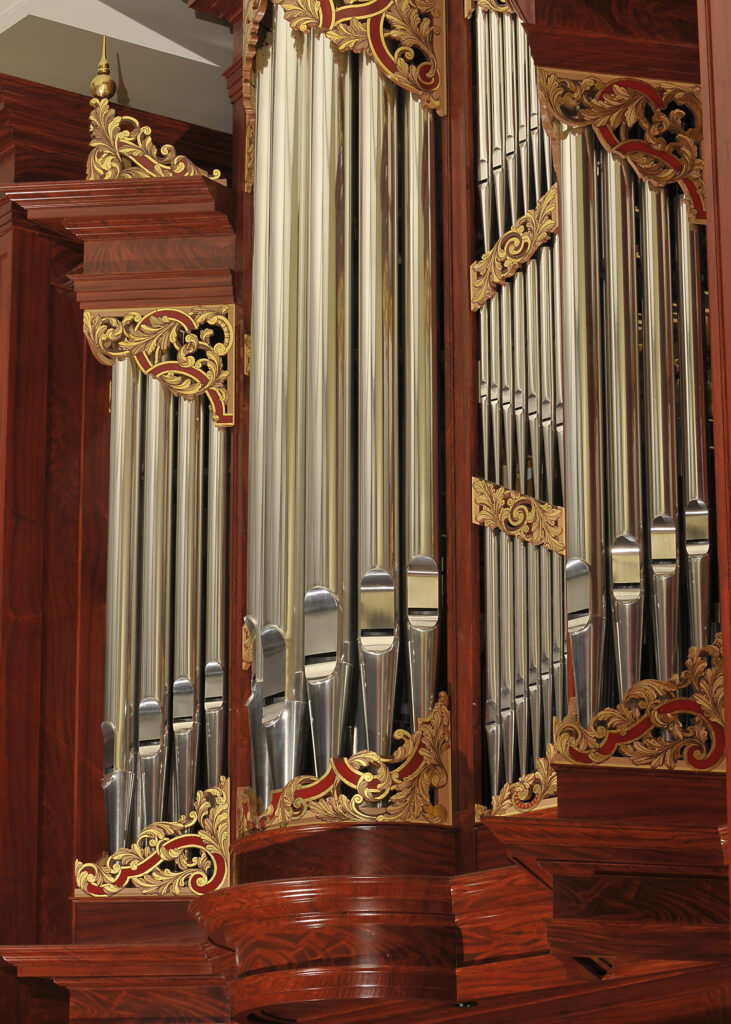
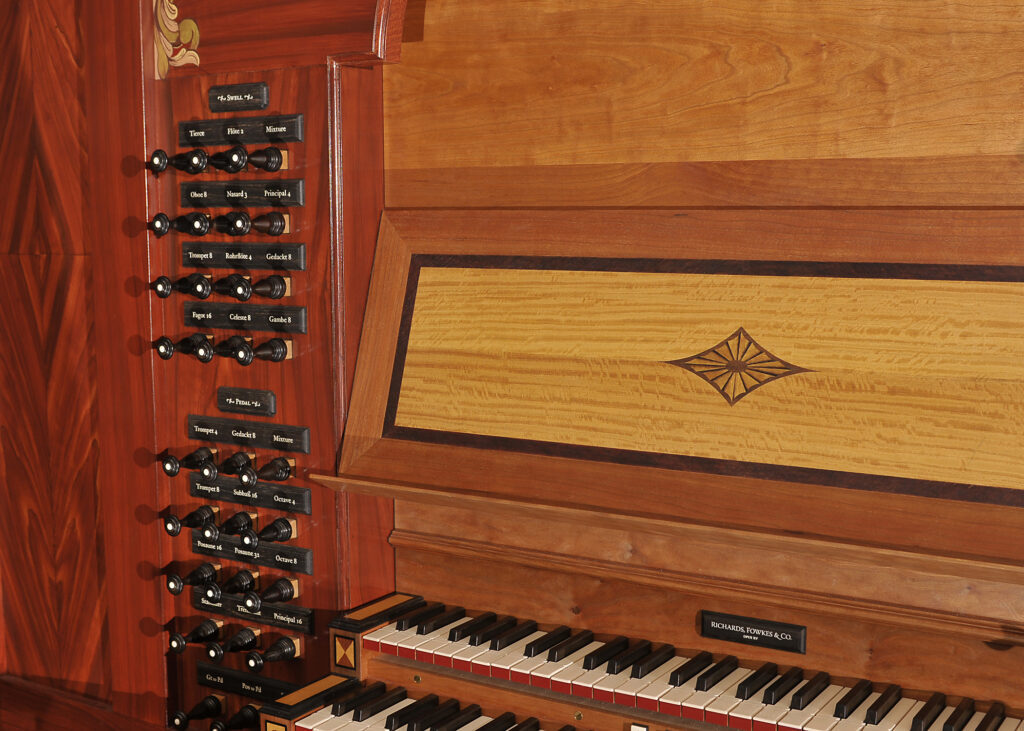
Meet Our Faculty
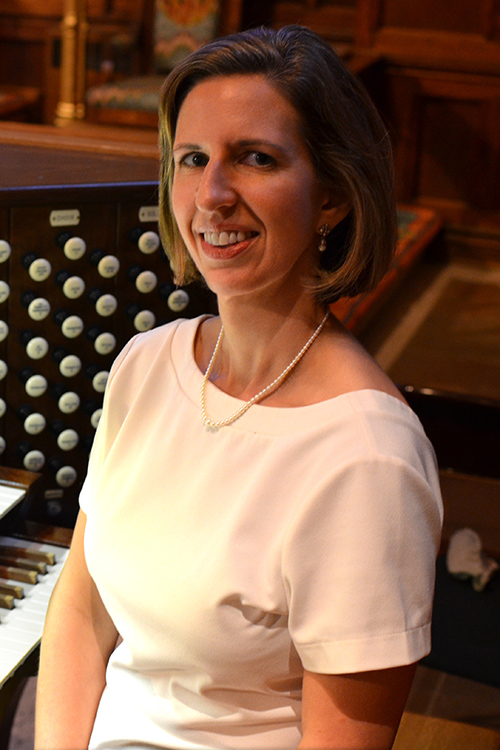
Edie Johnson
Lecturer of Organ | ejohns76@utk.edu
Edie Johnson, Organist and Music Associate at Church Street United Methodist Church, teaches organ, harpsichord, and sacred music courses. Previously, she served as Assistant Organist/Choir Director at St. Paul’s Episcopal Church and Seminary Organist and Affiliate Professor of Church Music at Christian Theological Seminary in Indianapolis, IN. She has also taught at Taylor University and Indiana University.
Johnson has won prizes in many organ performance competitions including first place in the John Rodland organ and church music scholarship competition. She has performed for national and regional conventions of the American Guild of Organists (AGO), the Association of Anglican Musicians, the Organ Historical Society and the National General Assembly of the Disciples of Christ Church. Several of her performances have been broadcast on American Public Media’s Pipedreams. In 2011, Johnson premiered El Tigre, Pamela Decker’s first work for organ and orchestra at the 2011 Southeast AGO Regional Convention. In addition to solo organ performances, she also is active as a chamber musician on both piano and organ.
Edie Johnson is active in the work of the Royal School of Church Music in America. She has served on its Board of Directors and has been a Housemaster and Course Organist for many of the Carolina and Charlotte Summer Courses.
A particular interest is the use of mental imagery and rehearsal in music learning, teaching and performing. Johnson has given many presentations to universities, chapters of the American Guild of Organists and to the Association of Anglican Musicians based on research regarding techniques to optimize practice sessions and relieve performance anxiety.
Organ Courses
- MUKB 230 Keyboard Harmony (1). Melody harmonization, figured bass realization, and improvisation. Prereq: Music Theory 110-120.
- MUKB 410 Organ Practicum (1). Improvisation, hymn playing, and accompanying at the organ. Prereq: Organ proficiency at the 200 level.
- MUKB 460 The Organ and Its Literature (3). Development of the organ and organ
literature from the Middle Ages to the present; problems of style and interpretation;
pedagogical literature and methods, organ design. Prereq or Coreq: Musicology 220 and
consent of instructor.
Three credit hours of piano lessons or two hours of piano lessons and one hour of
harpsichord lessons. - MUKB 560 Organ Literature Seminar (3). Topics vary. May be repeated, maximum 6 hours.
- MUCO 480 Music in Christian Worship (3). Hymnody, liturgies, and liturgical music.
